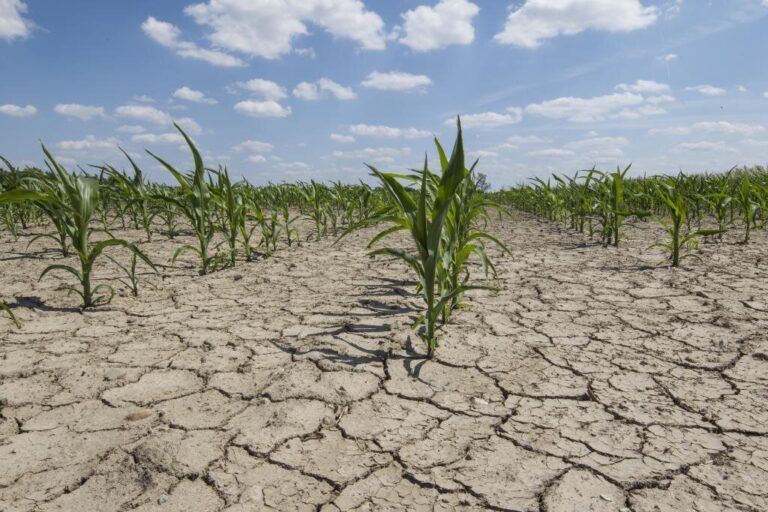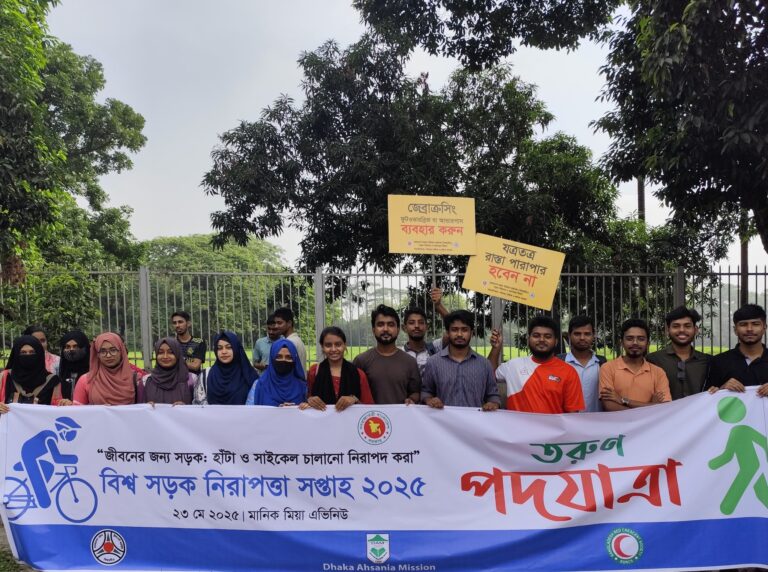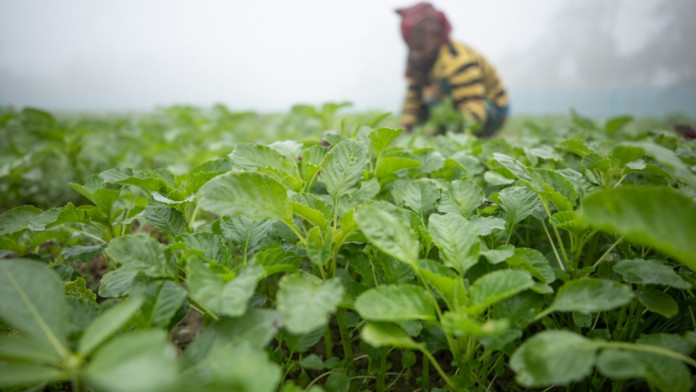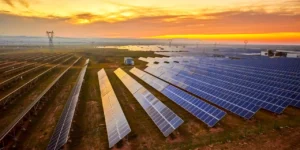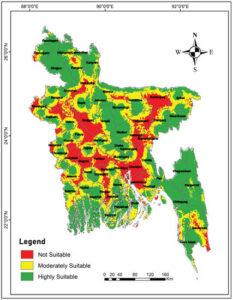In recent years, Bangladesh has faced growing environmental challenges due to rapid urbanisation, industrialisation, deforestation, pollution, and the impacts of climate change. From rising temperatures and erratic rainfall to declining biodiversity and increasing natural disasters, the country is grappling with complex and multi-dimensional environmental issues. Amidst these pressing challenges, Non-Governmental Organisations (NGOs) have emerged as crucial players in both raising environmental awareness and promoting meaningful action across the country.
This article explores the essential role of NGOs in creating environmental consciousness among the people of Bangladesh, supporting sustainable development, and influencing policy and community behaviour in both rural and urban areas.
Environmental Challenges in Bangladesh
Bangladesh is one of the most climate-vulnerable countries in the world. The country regularly faces floods, cyclones, river erosion, water salinity, and other disasters worsened by global warming. In cities, unplanned development and industrial pollution have caused severe air and water quality degradation. The Buriganga River, once a vital waterway, is now heavily polluted due to untreated industrial waste. Meanwhile, the Sundarbans, the world’s largest mangrove forest and a UNESCO World Heritage Site, is under threat from rising sea levels and commercial activities.
Amidst these realities, public awareness about environmental protection remains relatively low, particularly in rural and underprivileged urban communities. This is where NGOs have played a transformative role.
Creating Environmental Awareness
One of the most vital contributions of NGOs has been in raising awareness about the environment at the grassroots level. Through campaigns, school programmes, public seminars, and media initiatives, NGOs have educated thousands of people about the importance of a clean and green environment.
Organisations like BRAC, Bangladesh Environmental Lawyers Association (BELA), and the Bangladesh Centre for Advanced Studies (BCAS) have taken commendable steps to inform communities about sustainable agricultural practices, the dangers of plastic waste, the importance of tree plantation, and the impact of deforestation.
For example, BELA has been instrumental in promoting environmental justice and legal literacy. By empowering citizens with information about environmental laws and encouraging them to take legal action against polluters, BELA has brought many environmental issues into the public domain.
Promoting Community Participation
Another area where NGOs have made a major impact is in encouraging community participation. Environmental protection requires active involvement from the people who are most affected. NGOs have formed local environment clubs, youth groups, and village committees that work together to identify environmental problems and find locally appropriate solutions.
Initiatives like community-based waste management, afforestation projects, and water conservation programmes have been implemented successfully by several NGOs. These efforts are particularly significant because they build a sense of ownership among the community members, making the initiatives more sustainable in the long run.
For instance, the NGO “Waste Concern” has developed a model for community-based composting that turns organic waste into fertiliser. This model not only reduces landfill pressure but also generates employment and promotes recycling practices.
Empowering Marginalised Groups
NGOs have also been active in involving women, children, and other marginalised groups in environmental action. Women in rural Bangladesh often bear the brunt of environmental degradation, as they are responsible for collecting water, firewood, and food. NGOs have implemented programmes that educate and train women in sustainable practices, enabling them to become agents of change in their communities.
Children are also important stakeholders in the future of the environment. NGOs have worked with schools and local institutions to introduce environmental education, organise tree plantation drives, and hold art and essay competitions focused on environmental themes. These activities not only spread awareness but also inspire young minds to think critically about their natural surroundings.
Policy Advocacy and Legal Support
In addition to grassroots activities, many NGOs are involved in policy advocacy and legal activism. They engage with government agencies, development partners, and international organisations to influence environmental policies and ensure their implementation.
Organisations like BELA and BCAS often conduct research on environmental issues, publish policy briefs, and participate in high-level consultations. Their recommendations have influenced national policies on wetlands protection, forest conservation, and pollution control.
Legal interventions by NGOs have also resulted in landmark court rulings. For instance, the High Court Division of Bangladesh has given several verdicts in favour of environmental protection based on public interest litigation filed by NGOs. These include orders for closing illegal brick kilns, stopping encroachments on rivers, and regulating the use of harmful pesticides.
Disaster Preparedness and Climate Adaptation
With climate change making natural disasters more frequent and intense, many NGOs have shifted their focus towards disaster preparedness and climate adaptation. Organisations like BRAC and Practical Action have developed models for community-based disaster risk reduction that include early warning systems, cyclone shelters, and climate-resilient housing.
They also train local volunteers and community leaders to respond to emergencies, support affected families, and promote climate-resilient livelihoods such as floating gardens, drought-resistant crops, and alternative income sources.
These interventions not only save lives during disasters but also build long-term resilience among vulnerable communities.
Partnership with Government and International Bodies
Many environmental NGOs in Bangladesh work in collaboration with government departments such as the Department of Environment, Forest Department, and local government bodies. Through these partnerships, NGOs contribute technical expertise, share data, and implement pilot projects that can be scaled up at the national level.
They also receive funding and technical support from international organisations like the United Nations Development Programme (UNDP), the World Bank, and the Asian Development Bank (ADB). Such collaborations are essential to bridging resource gaps and bringing global best practices to local communities.
Challenges Faced by NGOs
Despite their significant contributions, NGOs in Bangladesh face several challenges. These include limited funding, political interference, bureaucratic delays, and occasional resistance from local communities due to lack of trust or understanding.
Furthermore, coordination among different NGOs is sometimes weak, leading to duplication of efforts or gaps in services. For greater impact, there is a need for better networking, information sharing, and collaborative planning.
NGOs in Bangladesh have become a vital force in the environmental movement. From raising awareness and engaging communities to influencing policy and promoting disaster resilience, their role cannot be overstated. As the country continues to face environmental threats, the work of NGOs will be even more critical in ensuring a sustainable and liveable future.
To maximise their impact, NGOs must continue to work in partnership with the government, the private sector, and civil society. Greater investment in capacity building, community engagement, and policy advocacy will help NGOs scale up their efforts and address the environmental challenges of tomorrow.
Ultimately, a green and sustainable Bangladesh will require the combined efforts of all stakeholders, and NGOs are at the heart of that journey.


